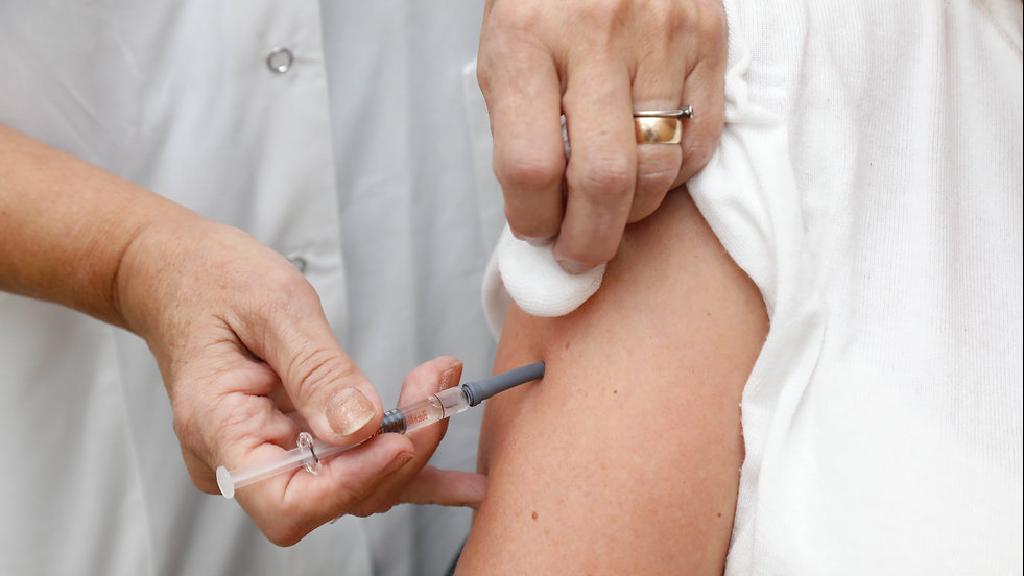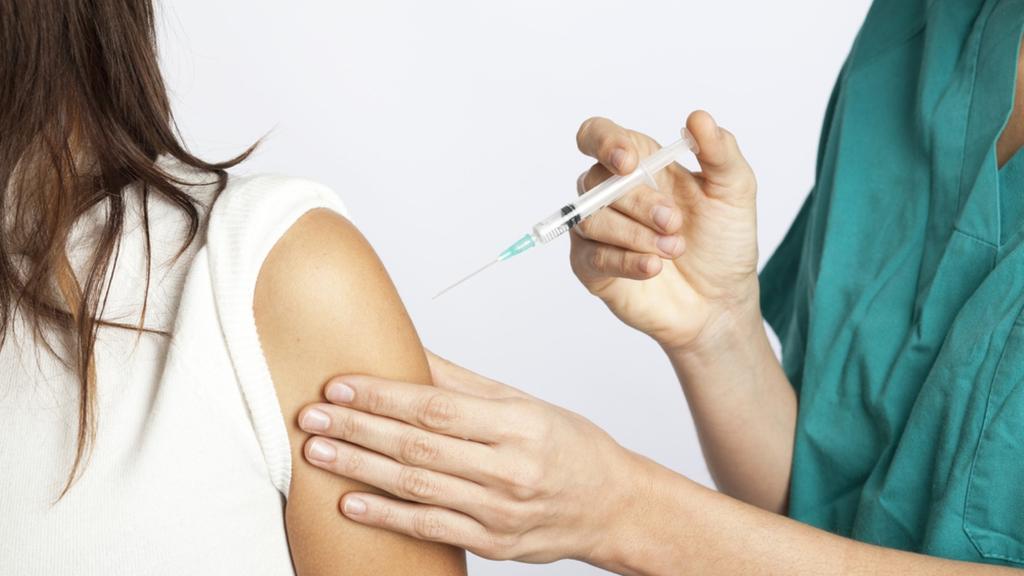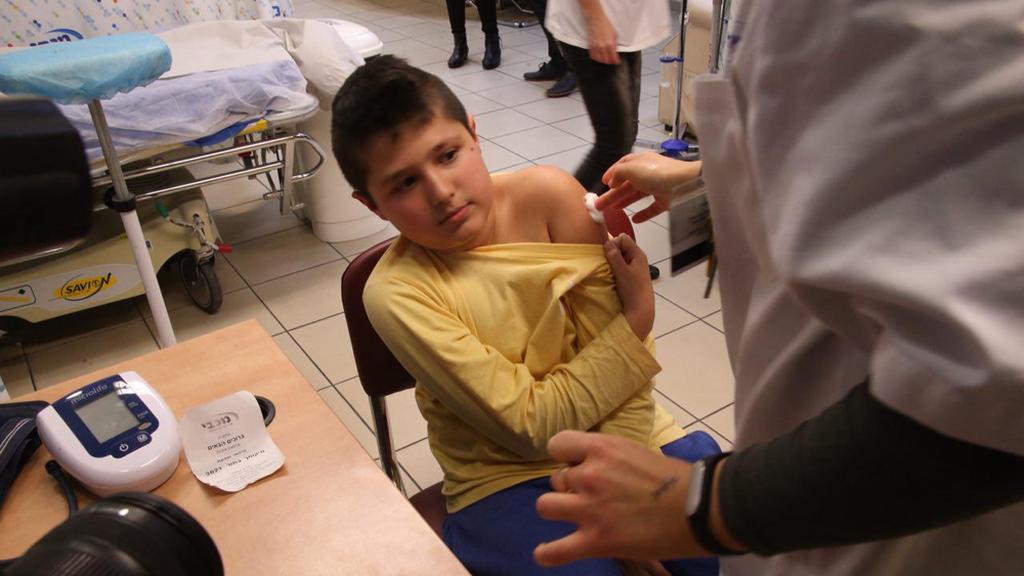While the coronavirus pandemic continues to hit at full throttle, fears of a surge in virus cases in the coming winter have prompted health officials to stock up on flu shots.
However, because of a worldwide rush to obtain flu vaccines, local authorities have been able to procure only half the amount they had hoped for thus far.
Each year, the World Health Organization determines the makeup of the annual flu vaccine during the summer, based on the viruses that appear in the southern hemisphere - the first to experience a seasonal outbreak, and the viruses found to be active during the previous winter.
Due to predictions that more people than ever before will request a flu shot this year as a result of the pandemic, Israeli health maintenance organizations (HMOs) have ordered more shots than in past flu seasons and are expected to dispense them in stages with young children, the elderly, and people with underlying conditions to be inoculated first.
Because flu vaccines are in short supply the world over due to the increased demand and the late start of production caused by the coronavirus - manufacturers have held back half of the number of shots ordered by Israeli HMOs, but health officials remain hopeful that they would be able to purchase the amount required to meet demand.
How are flu shots made?
A flu vaccine contains inactivated particles of the pathogen that are injected into the body to produce antibodies.
Another method is the use of a nasal spray with live but attenuated pathogens that are unable to cause disease but can stimulate the immune system to respond to the viral threat.
Can you get sick from the flu shot?
No. vaccines do not contain the virus. Only an inactive genetic component of it that cannot cause illness. The common side effects of a flu shot are redness and slight tenderness of the injection area that will pass within a few hours or in two days at the latest, a slight fever which will pass within a day or a mild headache.
Who should not receive a flu shot?
The flu shot is not recommended for babies under the age of six months and anyone who has had a high temperature in the previous 24 hours.
Should pregnant women get a flu shot?
Absolutely. The vaccine protects not only the mother but also the unborn child. Women giving birth should receive their flu shot before leaving the hospital or while they are still breastfeeding.
People who became sick after receiving a flu shot last year, worry about having one again.
Any illness that appears despite the flu shot is caused by other viruses or infections and not because of the vaccine.
How effective is the flu shot?
The efficacy of a flu shot is anywhere from 70% to 100% protection. Research has shown that not only does a flu shot prevent death from influenza, it can also reduce the risk of hospitalization and complications that appear most often in young babies, the elderly, the chronically ill, those with compromised immune systems, cardiac patients, people suffering from diabetes, and patients treated with steroids.
How soon does it work?
Usually within two to three weeks.
Do the shots contain thimerosal?
No. there are no additives or preservatives.
If I had my flu shot last year, should I get another one this year?
Yes. You must get vaccinated every year.
Will school kids be inoculated?
Yes. Thus far, second to fourth-grade kids have been given the flu shot at school. This year, kids in the fifth grade will be given shots as well, however, due to a shortage in school nurses, inoculation in schools is done late in the season.
What other shots are recommended for next winter?
Health organizations recommend a vaccine for pneumonia which is available for babies and people over 65 or with underlying health conditions. This vaccine protects from illness caused by some of the more prevalent and violent bacteria. Like other vaccines, this does not ensure 100% prevention of contagion, and the greater the population that receives the vaccine, the more effective it becomes.
Is a doctor's referral needed in order to receive the flu shot?
No. It is offered to the general public through HMOs.
What about a vaccine against the coronavirus?
The first vaccines for COVID-19 are expected to complete their third phase of testing by the end of October. If successful, Israel expects to receive vaccines from the Moderna company in the United States that will first be administered to vulnerable populations and frontline health workers.




